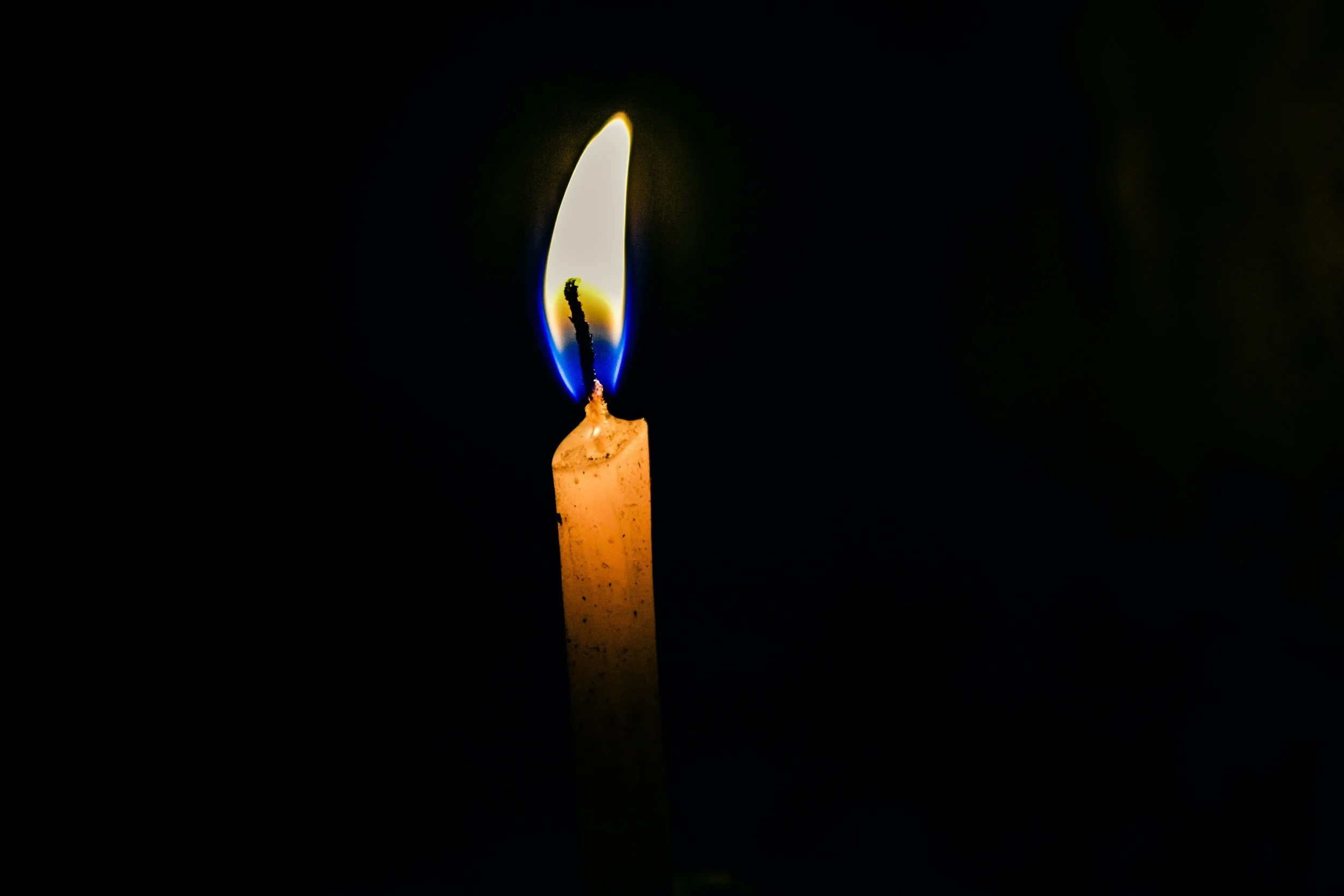Alchemy
The candle flame sputtered and twisted, then shifted from orange into an eerie sapphire blue. The old alchemist's hands sprinkled tiny specks of silver onto the flame, which grew taller and taller, brighter and brighter, until it illuminated the ancient chamber. Apparently satisfied with the result, the alchemist turned to his apprentice.
“What do you see before you?” The old man’s voice was high and warbly.
The apprentice was young, not yet into his manhood, the whispers of whiskers on his cheeks and chin. “I see three brass bowls containing liquids of yellow, red, and lavender. The liquids are of different volumes and the bowls are of different sizes. The bowls have symbols etched on them. Akkadian? I don’t know what they say.”
The alchemist nodded. “When you came to me, you sought to know the secrets of the Philosopher’s stone, of how one may achieve eternal life. Three long years you have done my bidding and studied the writings of the teachers. Tonight, is your first real lesson. Tonight, you will learn one of the secrets of eternal life.” The alchemist watched as his apprentice fought to keep his face soft and neutral, but could tell by a short twitch of the boy’s fingers and a slow shift of the boy’s feet that his apprentice was more excited than he had ever seen him.
“These bowls are the agannu which hold the three mê which are within us all.”
Pointing to the red liquid, “This is garû. It is war, pain, fear, avoidance, competition, sorrow, triumph, relief.” Holding the agannu up to the boy, “Smell the scent of blood, the stink of stress, the sweet flower of victory.”
Picking up the bowl of lavendar fluid. “Here is elēpu. It is primordial growth, cancer, happiness, humor, fertility, harvest and sowing both. Lust and whimsy. What do you smell?
“Rot vegetation, a dog’s hot breath and…wheat?”
“Well done!” Setting the bowl down and picking up the last bowl, brimming with yellow liquid, “Here is kīnu. It is society, reliability, loyalty, imprisonment, domination, judicious rule, discipline, mystic wisdom.”
“It smells like…nothing? No. Water? Eggshells? Dry bone?” the apprentice said. The alchemist merely smiled. The apprentice knew enough to know when he was being left to his own discoveries. “Why are the bowls of agannu of different sizes and the mê of different volumes, master?”
“Good. These bowls are the wells within us, the source of our strength and weariness. When we stoke frustration, we drink from garû and slowly drain the bowl. And when we drink from garû, we rest and allow the other agannu to fill. In our lives, we may learn to fill each bowl more fully, to restore the pools more rapidly, even to expand the vessels to accommodate even more mê. The greatest alchemists in history are those that learned to stretch and expand the agannu which holds kīnu.
Ah! This must be how the alchemists achieve eternal life. By mastery of their agannu! the boy thought.
“Yes,” the alchemist said. The boy’s eyes widened with surprise and embarrassment. He could see the sapphire flame flickering in his master’s eyes.
“Will you show me how?”
“Yes, apprentice. We begin this very night.” The alchemist then picked up the bowl of kīnu and held it out to the boy. “Now, drink deeply from this well of wisdom.”






